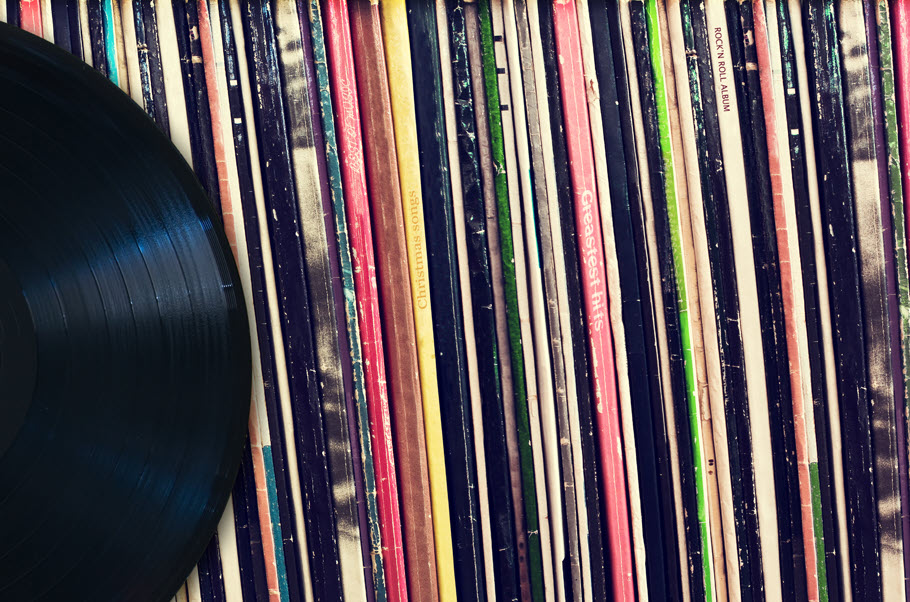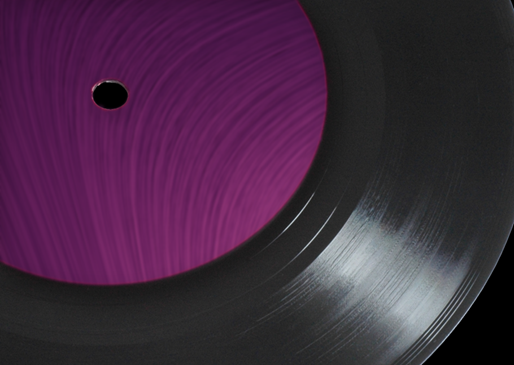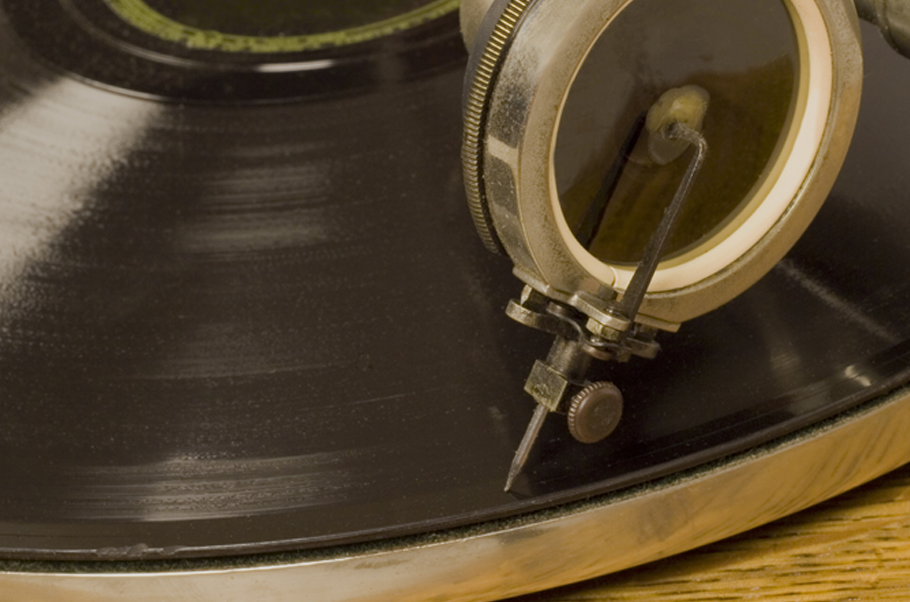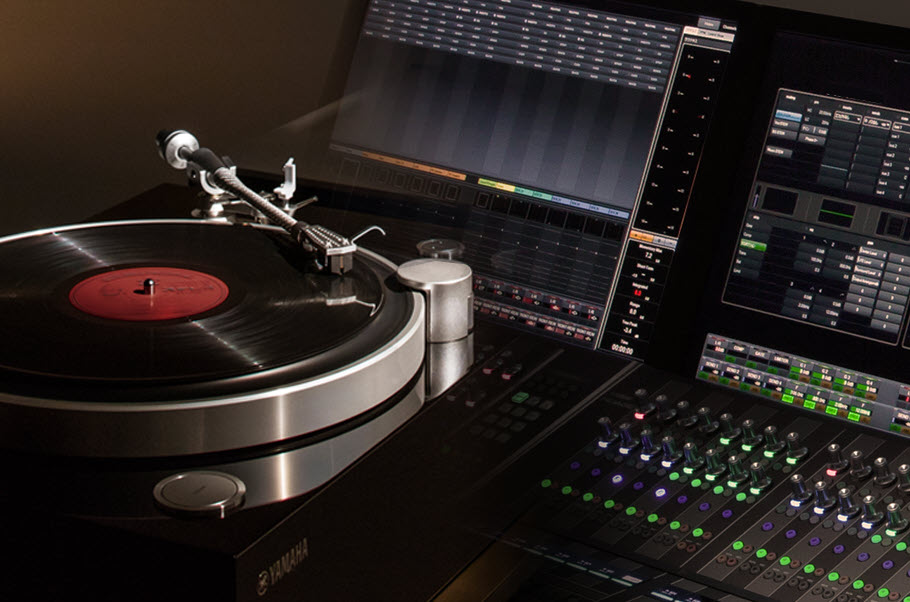Secrets of Running a Record Store
A deep dive into buying and selling vinyl.
This year, vinyl aficionados will honor the 14th annual Record Store Day on July 17th. During these events, customers are treated to special new releases, deals and, often, in-store performances as well.
Ever wonder what it takes to run a record store? In this article, we’ll take a deep dive into what goes into buying and selling vinyl.
Why Vinyl?
Chances are you own a record player, or know someone who does. You may even know someone who is borderline obsessed with albums — something that’s not all that rare among vinyl fans.
There are many important reasons for the recent resurgence in vinyl. For one, they’re tangible, tactile works of art — you could frame many album covers like one might frame a famous painting. Also, because vinyl records are analog, to many, their sound is superior to digital. It’s true that digital files don’t need to be pampered; there is no brush to take out, dab with cleaning alcohol and glide over the top of a spinning MP3. However, an expression of care can be meaningful to both the recipient and the giver. It establishes a relationship, a literal give-and-take from which even a culture can sprout.
But there’s something else that contributes to vinyl’s longevity. To listen to a vinyl album on a real turntable is to dive into an experience. In a world where so much is available at our fingertips via computer 1s and 0s, to listen to vinyl means unplugging from the proverbial matrix.
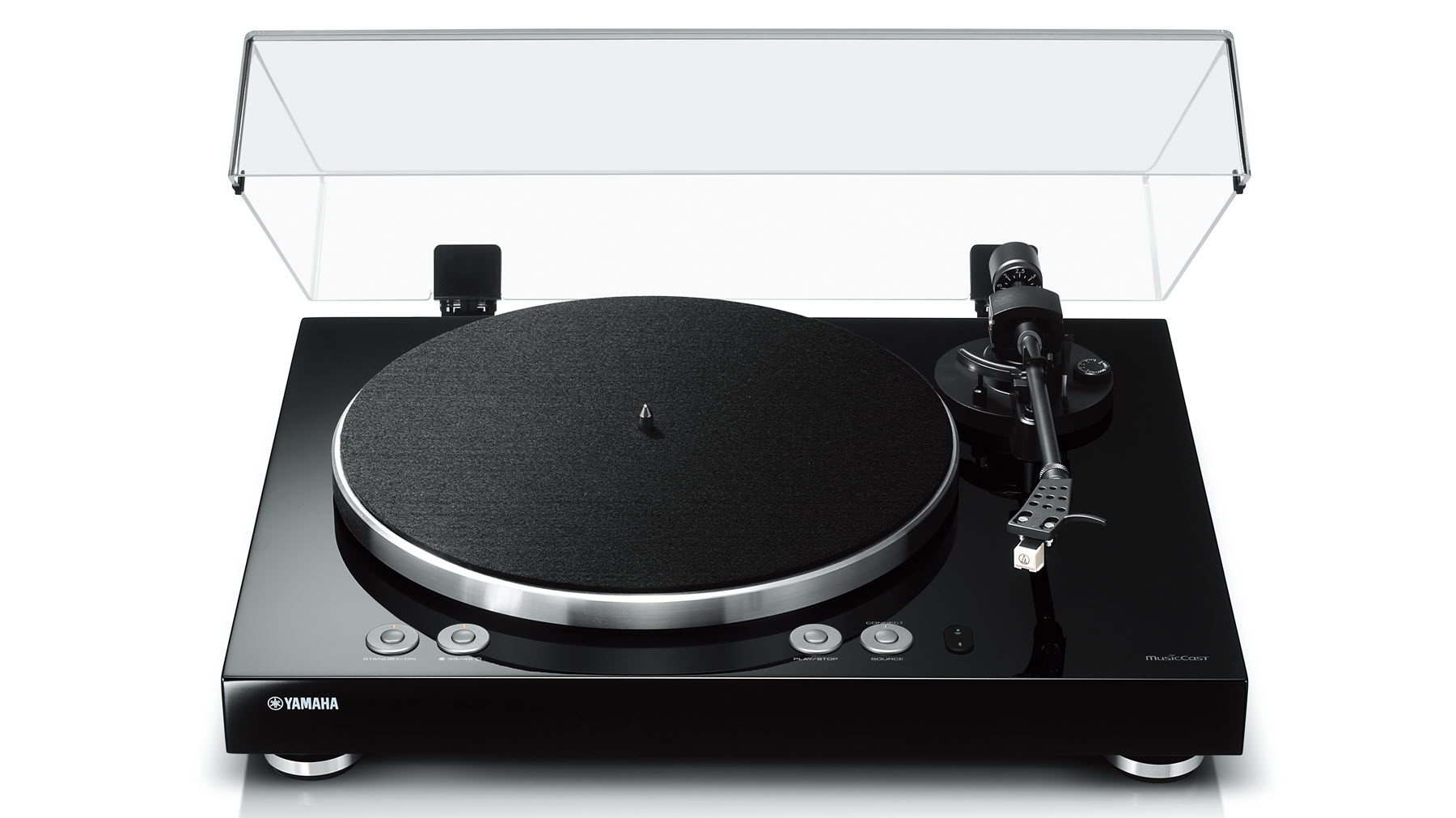
While digital streams and downloads remain the standard by which most people consume music today, the vinyl market has been growing steadily and doesn’t seem to be fading. In fact, numbers increased sharply in 2020 (growing 29% and surpassing CD sales, according to the Record Industry Association of America) as music listeners forced to spend more time indoors opted to expand their collections.
Why Record Stores?
There are many reasons why collectors usually prefer in-person shopping to the impersonality of purchasing records online. “You are out in the real world exploring a literal forest of beautiful sounds made by every possible kind of human,” is one explanation offered by Marc Weinstein, co-founder of Los Angeles’ famed Amoeba Music. “Each record offers an opportunity to express how much you love something and a chance to really focus on it in a way you cannot with files and streaming.”
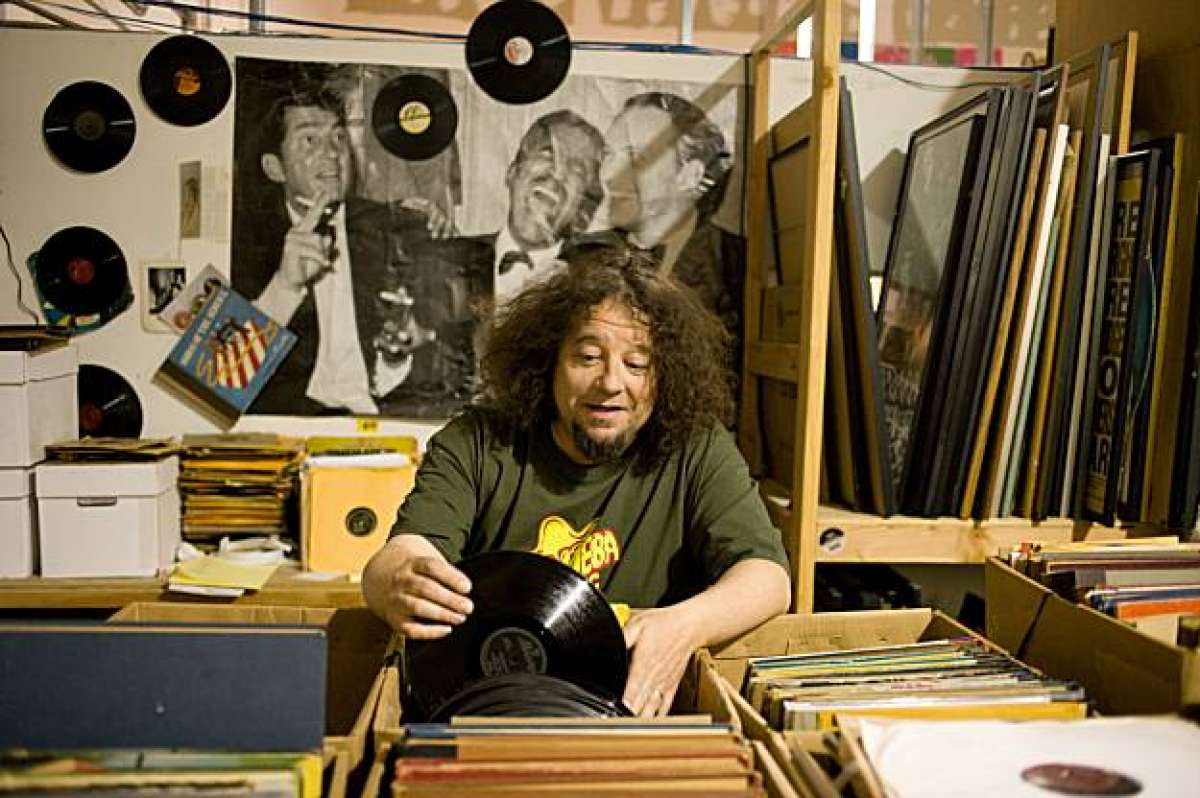
“Vinyl shopping is like going out for ice cream,” says Matt Vaughan, co-owner of Easy Street Records in Seattle. “Most vinyl is sold at brick-and-mortar indie shops these days, not chains or big box stores. People feel good about recycling their money in their neighborhoods.”
Buying Vinyl
Shoppers often have their own strategies when it comes to buying records. Some like to hunt in specific artist bins for rare finds, while others just like to browse free-form and see where their wanderings take them. Whichever approach you adopt, consider taking a list with you, as it’s easy for your mind to go blank when you see all the records on display.
Yamaha Artist and Dave Matthews Band saxophonist Jeff Coffin is an avid record lover. Here are his keys to vinyl hunting success:
1. Look for original pressings if possible.
2. Check the record before you buy it to see if it’s clean and in decent shape.
3. Don’t touch the face of the album with your fingers. Keep your thumb on the edge and pinky notched in the center hole.
4. Put the album back just how you found it, if you don’t purchase it.
5. Research the proper needles to use.
6. Remember that heavyweight vinyl lasts longer than lightweight.
7. Say thank you to the store clerks and have plenty of room at home to store your new purchases!
Selling Vinyl
Weinstein, Vaughan and Mike Pitts, owner of Sonic Boom Records in Seattle, Washington, each have clear memories of the early vinyl purchases they made as youngsters. Pitts recalls being thrilled by the album covers and artistic connection to older generations. Weinstein remembers learning how to play drums by practicing to the records he was listening to in the ’60s and ’70s. For Vaughan, who was a latch-key kid for a period of time, music and vinyl records served as more of a companion. For all three, the experience was like opening a door and seeing magic behind it. It’s a feeling they’ve since chosen to pass on to the people in their communities.
If you’re thinking about following in their footsteps and opening a brick-and-mortar record store of your own, here are a few tips from the pros:
1. Be organized.
As with any business, a systematic approach is key. “We organize our store to make it as easy as possible to find things and we have many experts on the floor ready to help with any questions or opinions,” Weinstein reports. The more you can assist your customers in finding what they are looking for, the more likely it is that they will come back.
2. Mix the new with the used.
Variety is the spice of life, and that’s especially true when it comes to selling records. “New arrivals sections are the bird feeders of our shop,” says Vaughan. “People want to know what’s hip, what’s new, what’s fresh. That’s human nature. We have to funnel that desire.”
3. Find the best collections and purchase them for resale.
You can’t achieve retail success unless you have a lot of inventory that people want to buy. To that end, you need to constantly be on the lookout for collections that will move quickly off your sales floor. Amoeba, of course, is well-known, not just in Los Angeles, but nationwide. As a result, says Weinstein, “We have access to so many collections and estates [and] we can afford to buy large collections in their entirety, as opposed to just picking out the good stuff, as many dealers do.”
Pitts adds, “We make it a point to pay people fairly for their collections. We never try and lowball folks and that builds trust. We have a lot of return sellers because of that.”
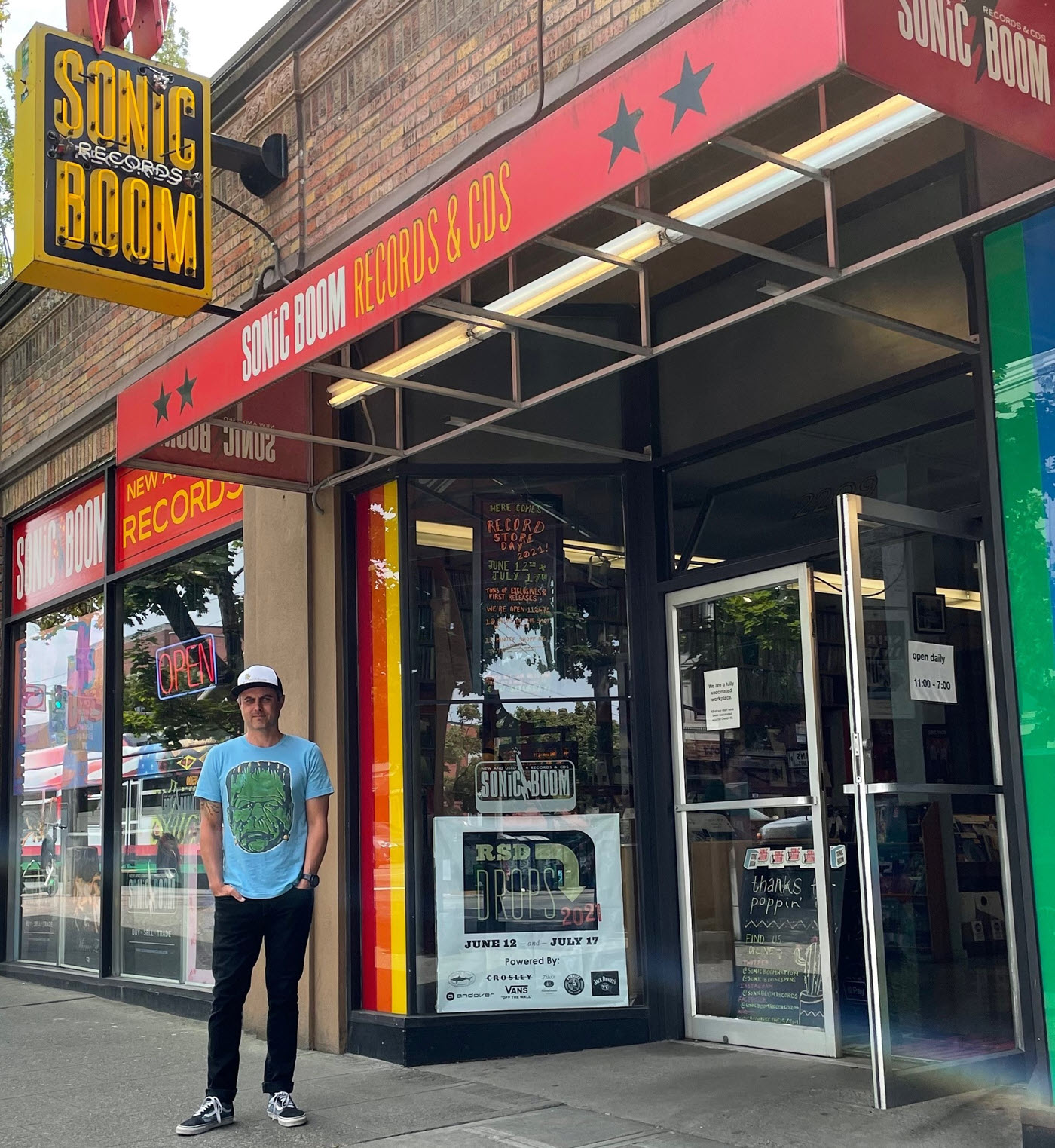
4. Create great bargain bins.
Vinyl hunters, like most shoppers, are always looking for deals. Many record store owners say that a key to their success is offering large and diverse bargain bins, with lower-grade records at rock-bottom prices — even if they are loss leaders that yield little or no profit. “We buy thousands of records every day, and many on the lower end make their way to our bargain bins,” says Weinstein. “The utter variety of what you might find there is all due to how many pass through our doors.”
The use of clever, attractive signage and divider cards is a good way to lure shoppers to those bins, though it’s important to make sure to not overload any bargain bin with too much of one particular artist.
5. Look for unique ways to stand out.
For example, buy a van and consider home delivery — a good way to compete with online vinyl subscription services. Matt Vaughan reports that in the first four months his store offered this service, they made over a thousand deliveries.
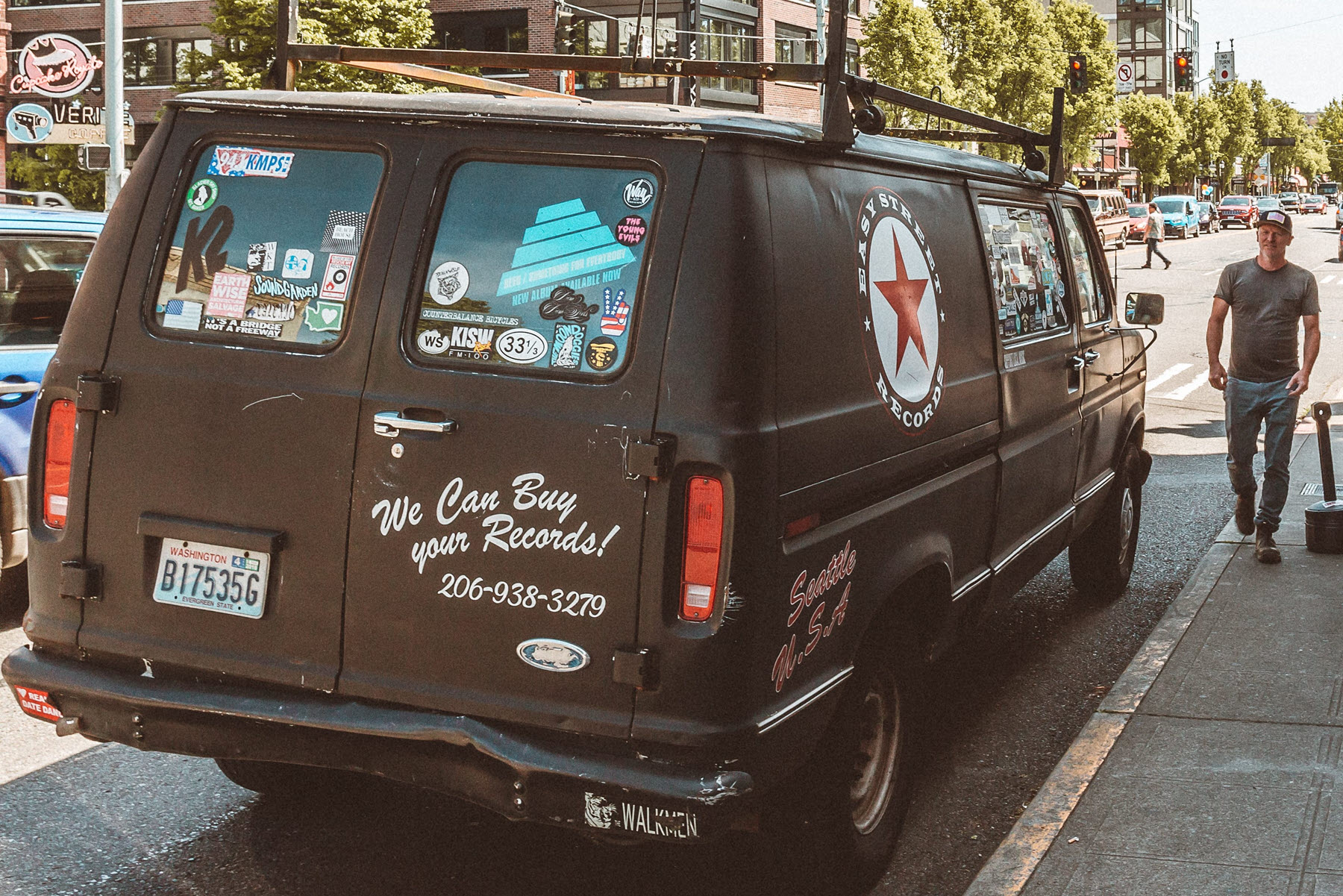
Or consider sponsoring in-store performances by local bands — something that Amoeba is especially well-known for. “In-store performances bring a different crowd of passionate music fans to every event,” says Weinstein. “There’s nothing like seeing the rapport between artist and their fans in a record store.”
6. Be prepared to get creative, especially in uncertain times.
The difficulties of the past months are a perfect case in point. “It was devastatingly uncertain throughout the first year,” says Weinstein. “But gradually we regained our balance and set out to create a beautiful next chapter.” Pitts is hopeful that things have finally turned around and that the trend will continue. “It seems like people are truly investing in vinyl [as a] lifestyle, rather than it just being a passing fad,” he says.
7. Cultivate lasting relationships.
In the end, a record store is often only as good as its connection to its patrons and surrounding neighborhood. Like any local institutions, people keep returning to them for the treasures they provide. “I am so grateful for our customers,” says Pitts. “They’re my tribe, and have been since I was a kid. I’m incredibly thankful that I get to be immersed in this every day.”
Photographs courtesy of Marc Weinstein, Matt Vaughan and Mike Pitts.
Check out the Amoeba Music web series What’s In My Bag?, featuring artists and tastemakers sharing what they found shopping.
Click here for more information about Yamaha turntables.












